In what may seem a strange request, I recently replied to a government department asking to be addressed in English, to help support its preservation as the foremost language in this country – vital for all New Zealanders to understand and use. And I sent kind regards, not Nga mihi.
In other words, count me out of the increasing substitution of this most important international language by Kia ora, Tena koutou and all the other PC greetings, introductions, labelling, messages or explanations in Maori – or pseudo-Maori – increasingly sprinkled throughout government departments and media. In longwinded, incomprehensible introductions to TV and radio programmes, politically correct announcers rotundly approximate Maori vowels – at the same time managing to massacre basic English pronunciation. The oft-repeated phrase ‘Maori culture’, for example, is now delivered largely as ‘Moddi colcha’ – in the slack-jawed distortion of English prevalent since teaching clear speech to children was abandoned. Originally offered to help all, especially those from disadvantaged backgrounds, to fulfil their potential or not lose job opportunities depending upon good pronunciation and general intelligibility – such as an air traffic controller – the time-honoured practice of encouraging children to speak well was deliberately removed from the curricula.
Teaching grammar and syntax, the tools of language, was also removed – because as George Orwell pointed out, ‘If people cannot write well they cannot think well, and if they cannot think well others will do their thinking for them’. Its reintroduction to school leavers – too little, too late, past the optimum learning age – has also left schools with ill-taught English teachers who themselves are functionally sub-literate and speak badly, knowing no more about how to use the language well than their pupils. The consequences are with us.
Governments prefer a not-too-bright population, because with the corruption of power comes the conviction many MPs hold – particularly leaders – of their right to impose upon the country views they themselves hold. And when, as with our markedly ignorant Prime Minister, Jacinda Ardern, there is also a propensity to lecture other countries, kickback is inevitable. However, as prize-winning historian Barbara Tuchman illustrates in The March of Folly, mankind makes a poorer performance of government than almost any other human activity, particularly when the power of command is intertwined with failure in thinking. She points out that good government recognises when a given policy is harming a country’s interests and acknowledges this.
Some time ago I visited the grave of Captain Hobson, climbing down to the old Symonds Street cemetery into the dim light under the Grafton Street bridge in Auckland where the sleeping bags of those living under the bridge were temporarily unoccupied, alongside discarded paraphernalia. It was a moving experience, with traffic roaring overhead, standing so close to what remains of this brave, ill man, in such a neglected site, and to read the words that reportedly meant so much to him, He iwi tahi tatou, ‘We are one people’. The 1840 Treaty of Waitangi established British sovereignty over New Zealand, with Hobson appointed Lieutenant Governor. A kind of Pax Romana to prevent the never-ending, internecine warfare between cannabalistic tribes, it established the rule of justice. All New Zealanders, of both Maori and European descent, now shared equal rights and protection for what they owned. For the first time in these scattered tribes’ use of the country, legal possession of their land was now safeguarded.
New Zealand subsequently became such a striking sample of successful racial blending that today it is impossible to find any Maori of full-blooded descent. However, radicalised activism has become hydra-headed with its similarity to the mythological monster which grew two more heads each time one was struck off. Beginning in the Seventies with the return of young Maori radicals sponsored abroad for Marxist indoctrination courses, and recruited on board the ‘Kill a white…drive them back to the sea’ movement, it propagandised successive vote-buying governments to prioritise spending on the grounds of race, not need.
Most now part-Maori, far from supporting radicalism, have moved into the professions and trades, prioritising their families. Moreover, as a result of multi-million dollar settlements still continually bestowed on disputing neo-tribes, some claims genuine, others exaggerated or arguably fraudulent, the Maori economy is estimated at $40 billion dollars. However, the settlements have been largely captured by those administering them, the money rarely reaching those in genuine need. Continual handouts are taken without consultation for special consultative committees and well-paid appointees. With never-ending funding being given for radicalised Maori initiatives, money is diverted from urgent needs such as those of our cash-strapped hospitals, from drug-funding and health procedures available even in Australia – but not in this country.
A striking example is $539 million allocated over the next four years to promote Maori ‘wellbeing’ centering on the Maori language – in spite of the fact that the missionaries recorded approximately only 1,800 original Maori words. However, Dirty Silence, the book of the 1990 University of Waikato Winter Lecture Series, details the coinage of thousands of made-up words. Street and place signs are now erected often either wholly in ‘Maori’ or with English in small letters underneath. City council libraries offer incomprehensible ‘Maori’-only signs. For example, Return Books, Reading Room, or Computer Area in invented Maori. Or the farcical ‘Accident and Emergency Department’, ‘Ministry of Inland Revenue’, ‘Department of Social Welfare’ all translated into ‘Maori’. What about air traffic control, cash machines, the internet, underground trains, parliamentary democracy, republicanism, evolution, etc? Name it and it has been faked. Although every living language gradually takes on and assimilates new words, to argue these many thousand words deliberately coined by academics are genuine Maori is demonstrably untrue.
This reinvention of pseudo-Maori has penetrated every section of our society, with even the national anthem now prioritised in Maori. It is all a great con, presented as authentic; deliberately fabricated for political advantage; but underpinned by empowerment politics foisted upon children and teachers in our schools, replacing subjects of genuine importance already struggling for a foothold. Demonstrably, racial preferment has become a Trojan horse.
Got something to add? Join the discussion and comment below.
Get 10 issues for just $10
Subscribe to The Spectator Australia today for the next 10 magazine issues, plus full online access, for just $10.
You might disagree with half of it, but you’ll enjoy reading all of it. Try your first month for free, then just $2 a week for the remainder of your first year.

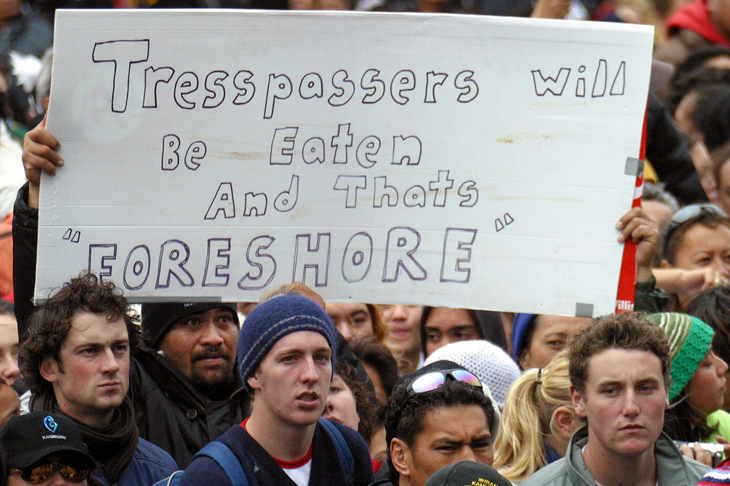
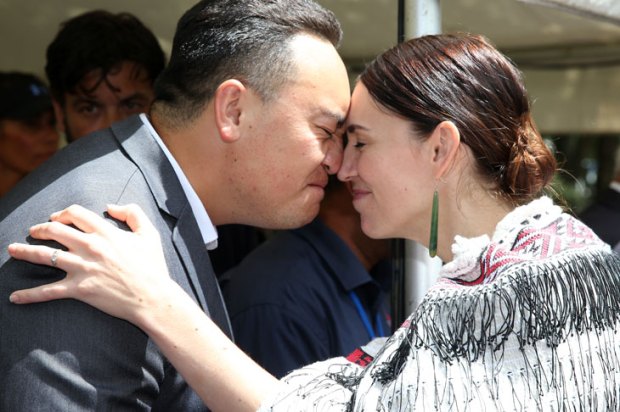
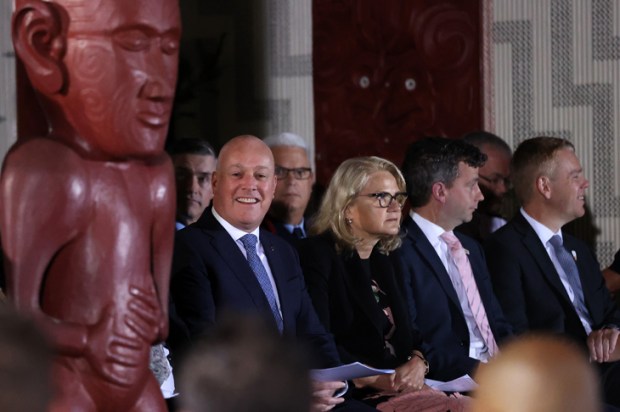
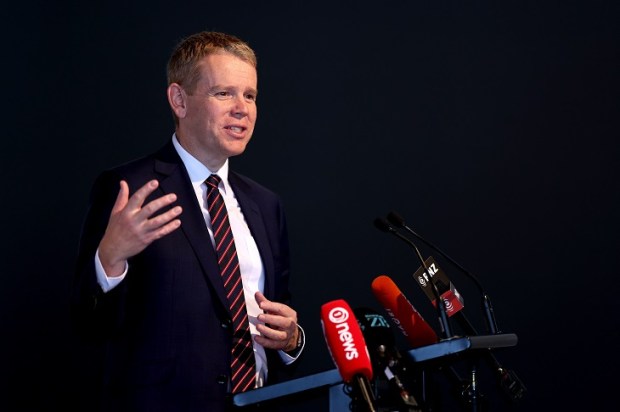

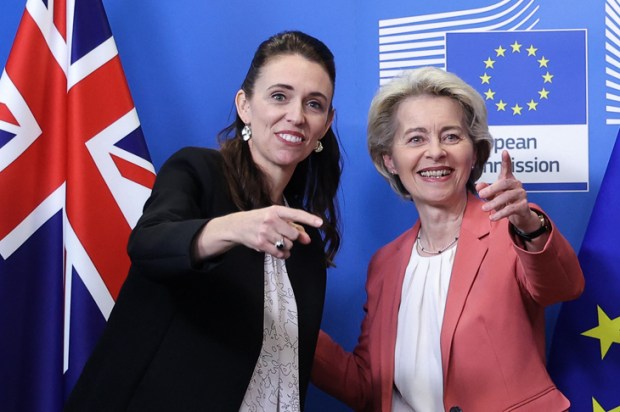
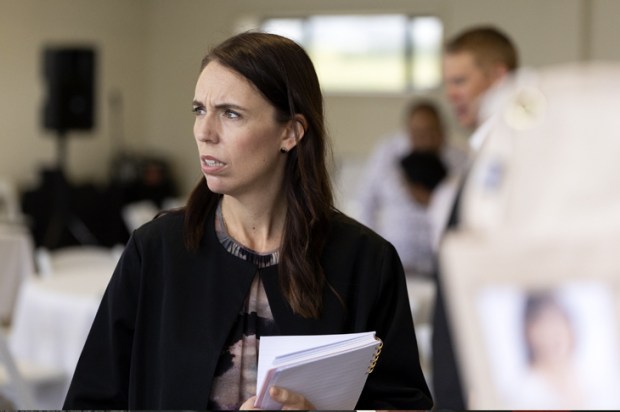






Comments
Don't miss out
Join the conversation with other Spectator Australia readers. Subscribe to leave a comment.
SUBSCRIBEAlready a subscriber? Log in